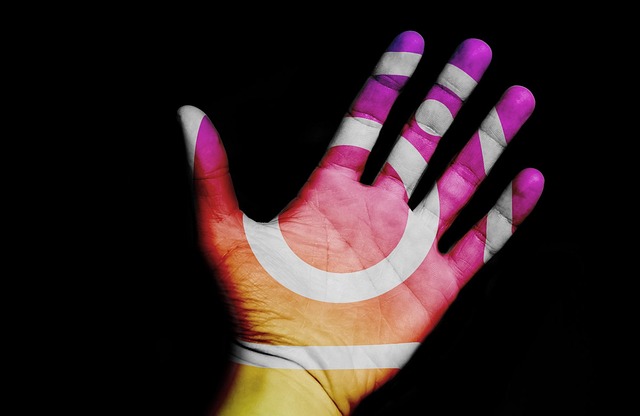In the digital age, social media has fundamentally altered how individuals interact, express themselves, and, unfortunately, how they engage in trolling behavior. The trolling phenomenon often evokes a mixture of frustration and humor, serving as a reminder of the complexities of human behavior in a virtual landscape. With anonymity at their fingertips, individuals often feel empowered to voice opinions that may be left unsaid in face-to-face conversations, and this often leads to an increase in trolling—a behavior characterized by provoking or upsetting others online.
Social media platforms have become breeding grounds for trolls, who can hide behind pseudonyms and avatars, creating an environment where toxic behavior can flourish. This anonymity is an alluring aspect for many users, allowing them to unleash their frustrations, engage in petty rivalries, or simply seek attention. Sites like Twitter, Reddit, and even Facebook become hotbeds for trolling tactics that range from harmless jokes to brutal insults. The impact of trolling extends beyond mere annoyance; it can result in severe psychological consequences for those targeted, leading to increased anxiety, depression, and even withdrawal from online interactions.
The social media impact on trolling behavior raises questions regarding responsibility and accountability. As users navigate these platforms, they grapple not only with their own participation but also with the larger community’s norms. What is often considered just a joke” can easily cross the line into harassment. Yet, the viral nature of trolling can sometimes elevate the offender’s status within certain online communities, turning harmful behavior into a twisted form of social currency.
Moreover, the consequences of trolling are not limited to the individual targets. Businesses, influencers, and public figures frequently find themselves on the receiving end of this behavior. A single tweet can spawn a massive wave of derogatory comments that impact reputations and mental health. As brands navigate the digital landscape, they must consider how trolling can affect their public image and online presence. Social media managers are often tasked with addressing trolling head-on, implementing strategies to mitigate its effects and foster a supportive community environment.
As we witness the evolution of online behavior shaped by social media, it’s essential for users to reflect on their actions and recognize the profound effects their words can have. Trolling may seem like an entertaining pastime for some, but beneath the surface lies a myriad of implications that affect individuals and communities alike. Striking a balance between free expression and respectful interaction is crucial, requiring a concerted effort from everyone involved.
In summary, trolling is a reflection of our society’s struggle with anonymity and accountability in the realm of social media. As more people engage in online platforms, understanding the impact of trolling and advocating for healthy communication becomes increasingly important. As we continue to navigate this new digital landscape, fostering awareness and empathy can transform our online interactions and ultimately create a more positive environment for everyone.



